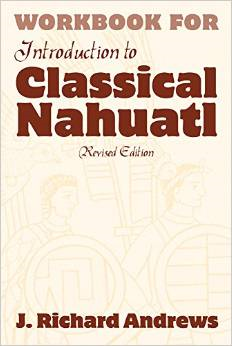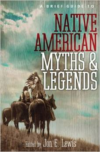Description
For many years, J. Richard Andrews’s Introduction to Classical Nahuatl has been the standard reference work for scholars and students of Nahuatl, the language used by the ancient Aztecs and the Nahua Indians of Central Mexico. Andrews’s work was the first book to make Nahuatl accessible as a coherent language system and to recognize such crucial linguistic features as vowel length and the glottal stop. Accompanied by a workbook, this long-awaited new edition is extensively revised, enlarged, and updated with the latest research.
The revised edition is guided by the same intentions as those behind the first. Andrews’s approach is “anthropological,” teaching us to understand Nahuatl according to its own distinctive grammar and to reject translationalist descriptions based on English or Spanish notions of grammar. In particular, Andrews emphasizes the nonexistence of words in Nahuatl (except for the few so-called particles) and stresses the nuclear clause as the basis for Nahuatl linguistic organization. Besides an increase in the number of chapters (from forty-eight to fifty-seven, including a more detailed treatment of place names), the new edition contains an innovative approach to personal names and the introduction of the square zero to indicate irregular morphological silence. The accompanying workbook provides exercises linked to the text, a key to the exercises, and an extensive vocabulary list.






Reviews
There are no reviews yet.